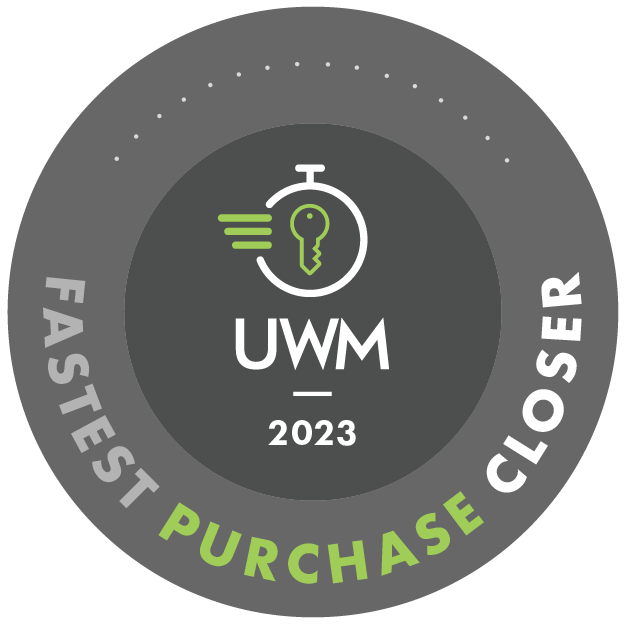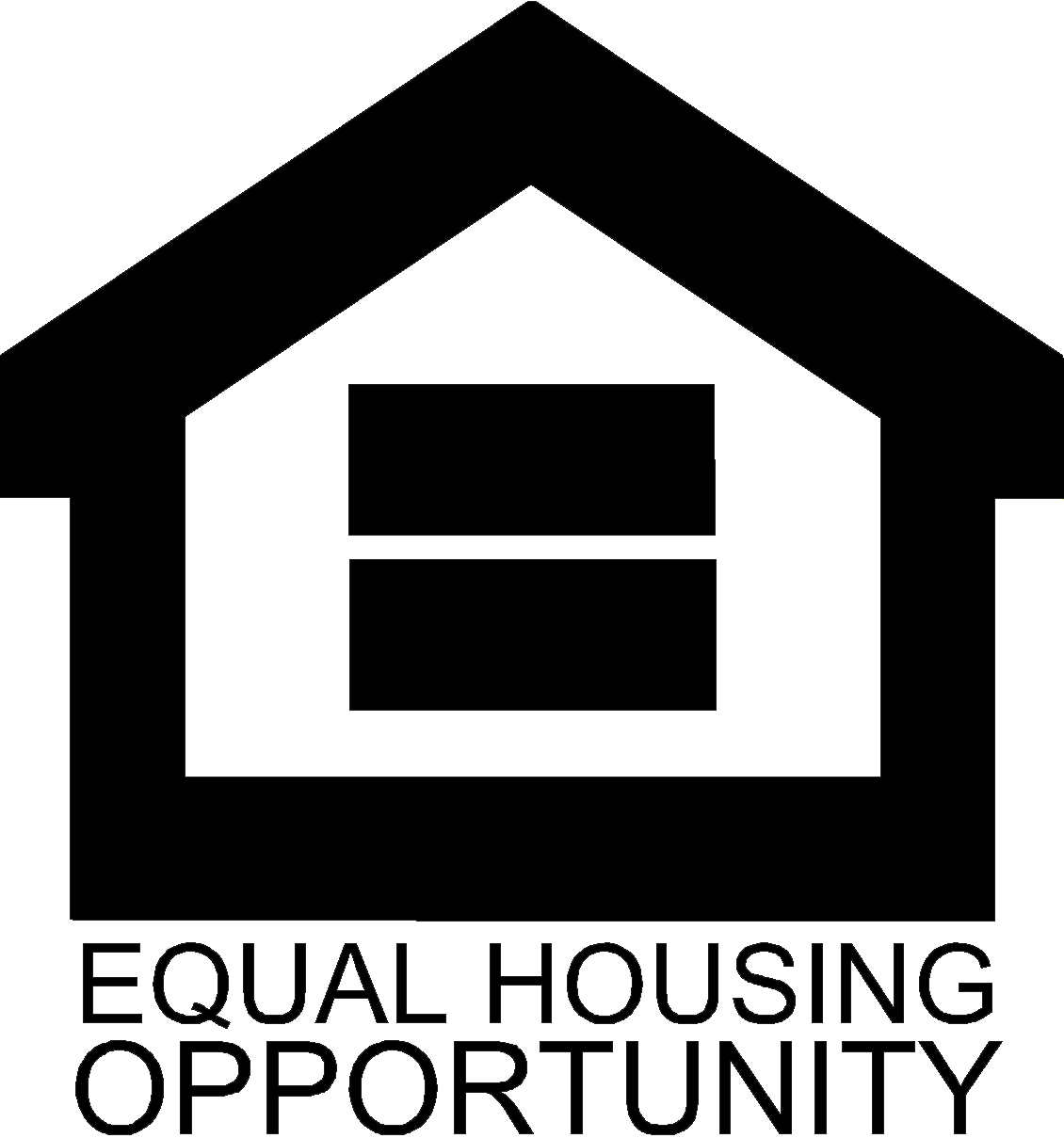Confused about reverse mortgages? You’re not alone. With so much conflicting information out there, it’s natural to feel overwhelmed. Let’s clear things up with ten essential facts about reverse mortgages, offering balanced insight whether you’re considering one or exploring other options.
Reverse Mortgages Use Your Home’s Equity
Reverse mortgages allow homeowners to borrow against their home equity, receiving money from the lender. This loan is typically repaid when the home is sold, or the owner either moves out or passes away.
Choose How to Receive Your Money
Borrowers have the flexibility to receive funds either as a lump sum or in monthly installments. Each option suits different financial circumstances, so consider which method aligns with your needs.
Types of Reverse Mortgages
There are three main types: home equity conversion mortgages (HECMs), single-purpose reverse mortgages, and proprietary reverse mortgages. HECMs are the most popular due to their versatility, usable for any purpose.
Your Home Must Be Your Primary Residence
It’s crucial that the property remains your primary residence. Extensive absences or moving away could trigger earlier-than-expected repayment.
You Still Need to Pay Property Taxes and Insurance
Though reverse mortgages relieve some financial pressure, you remain responsible for taxes and insurance. Lenders require homeowners to stay current with payments and maintain the property.
You Will Still Own Your Home
Borrowers remain the titleholders of their homes. Taking out a reverse mortgage does not mean transferring ownership to the lender.
No Monthly Mortgage Payments
A major advantage is the elimination of monthly mortgage payments, offering relief especially to retirees or those on fixed incomes.
Federal Debt Delinquencies Can Disqualify You
Delinquency on federal debts like unpaid taxes or federal loans can affect your eligibility for a reverse mortgage.
You Must Have Paid Off (or Nearly Paid Off) Your Home
To qualify, substantial equity is needed. This usually means the home must be paid off or nearly paid off.
Age Requirement: 62 Years or Older
Only individuals aged 62 and older qualify for reverse mortgages. For those younger, alternatives like a home equity line of credit (HELOC) may be worth considering.
Reverse mortgages can be powerful financial tools, provided you understand these key facts. Now, you're better equipped to decide if this option suits your needs. Always seek professional advice, and for more personalized guidance, get in touch with a financial advisor or mortgage specialist. Contact us for a consultation to discuss your situation more fully.


